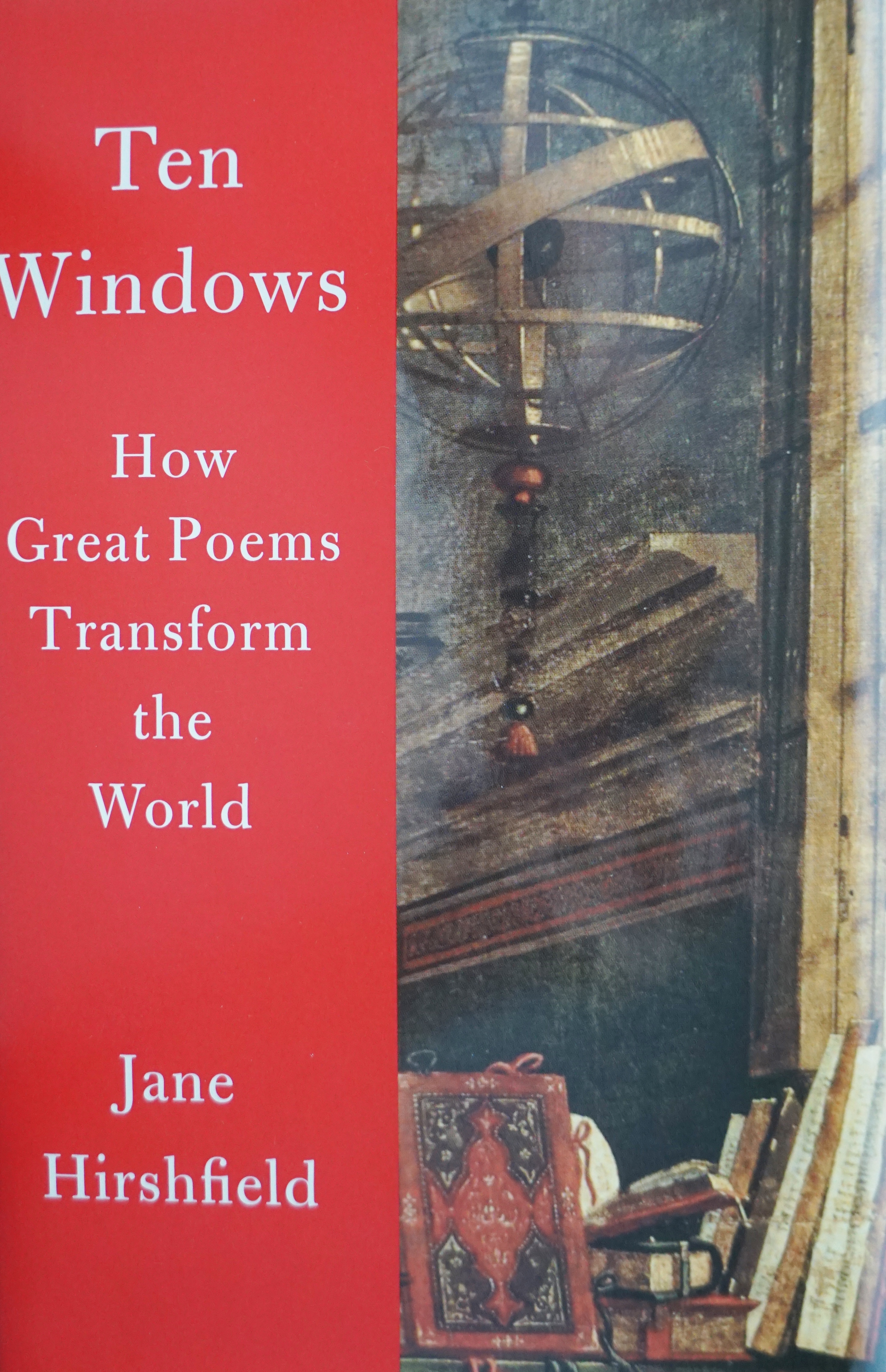What do you think?
Rate this book


310 pages, Hardcover
First published March 3, 2015
Hirshfield defines a good poem as “a through-passage, words that leave poet, reader, and themselves ineradicably changed.” They transform in innumerable ways, as Hirshfield ably demonstrates through the book’s many examples. Some transformations are wrought in sound, others in connotation. A bit more complicated, though, is her idea that the poem’s transformation on the page is retained, at least in part by the reader, so that the reader is transformed.